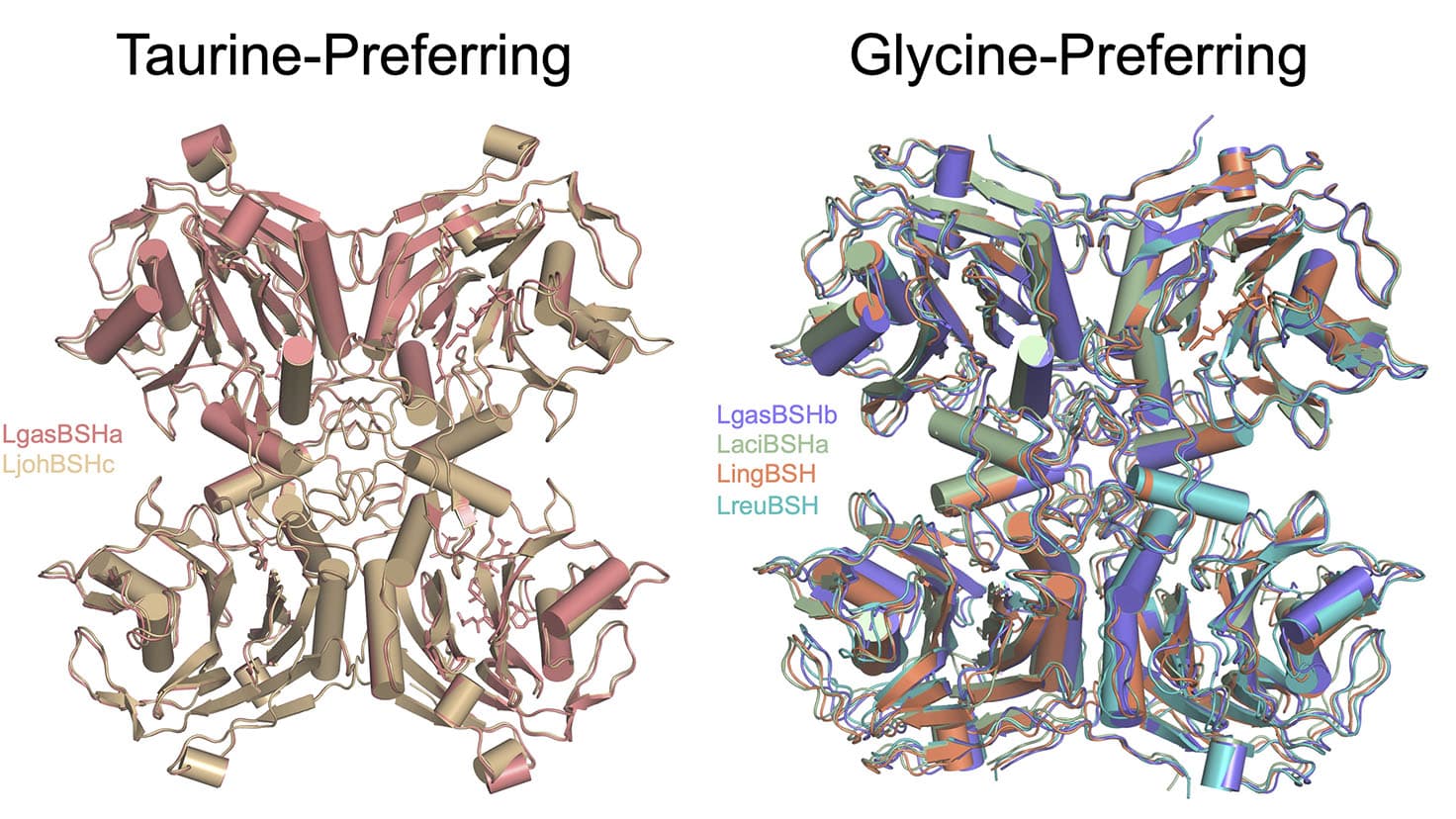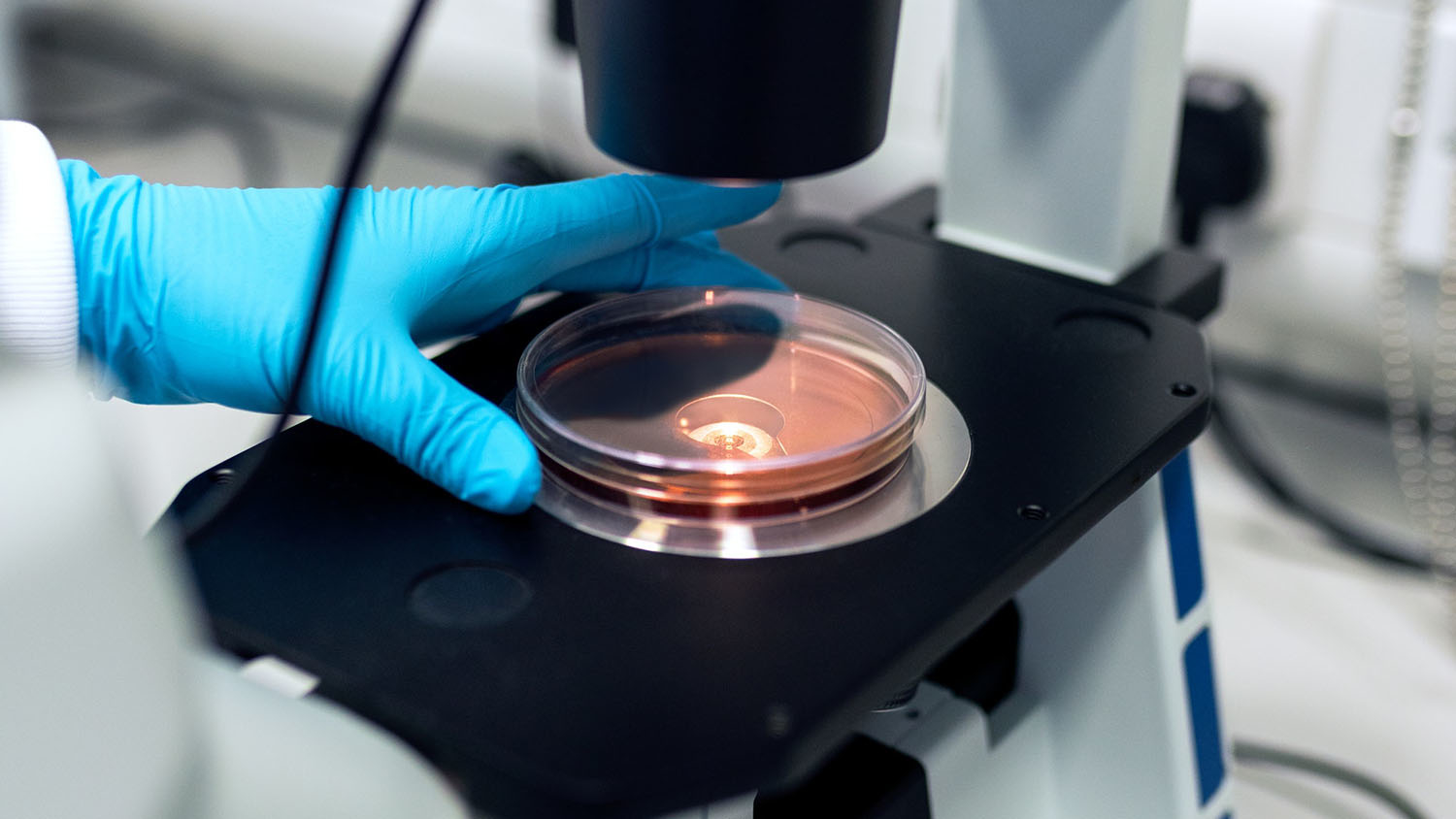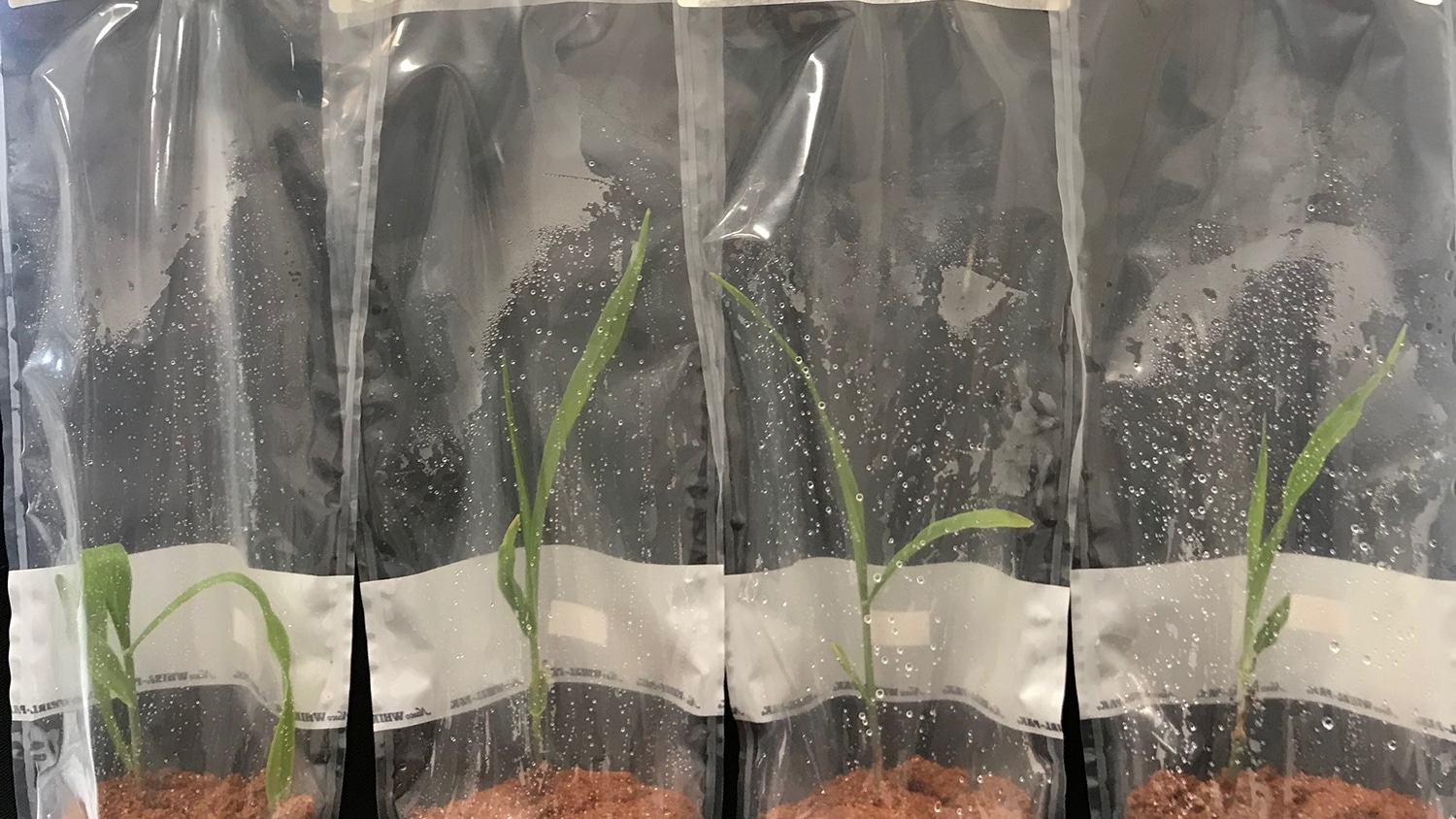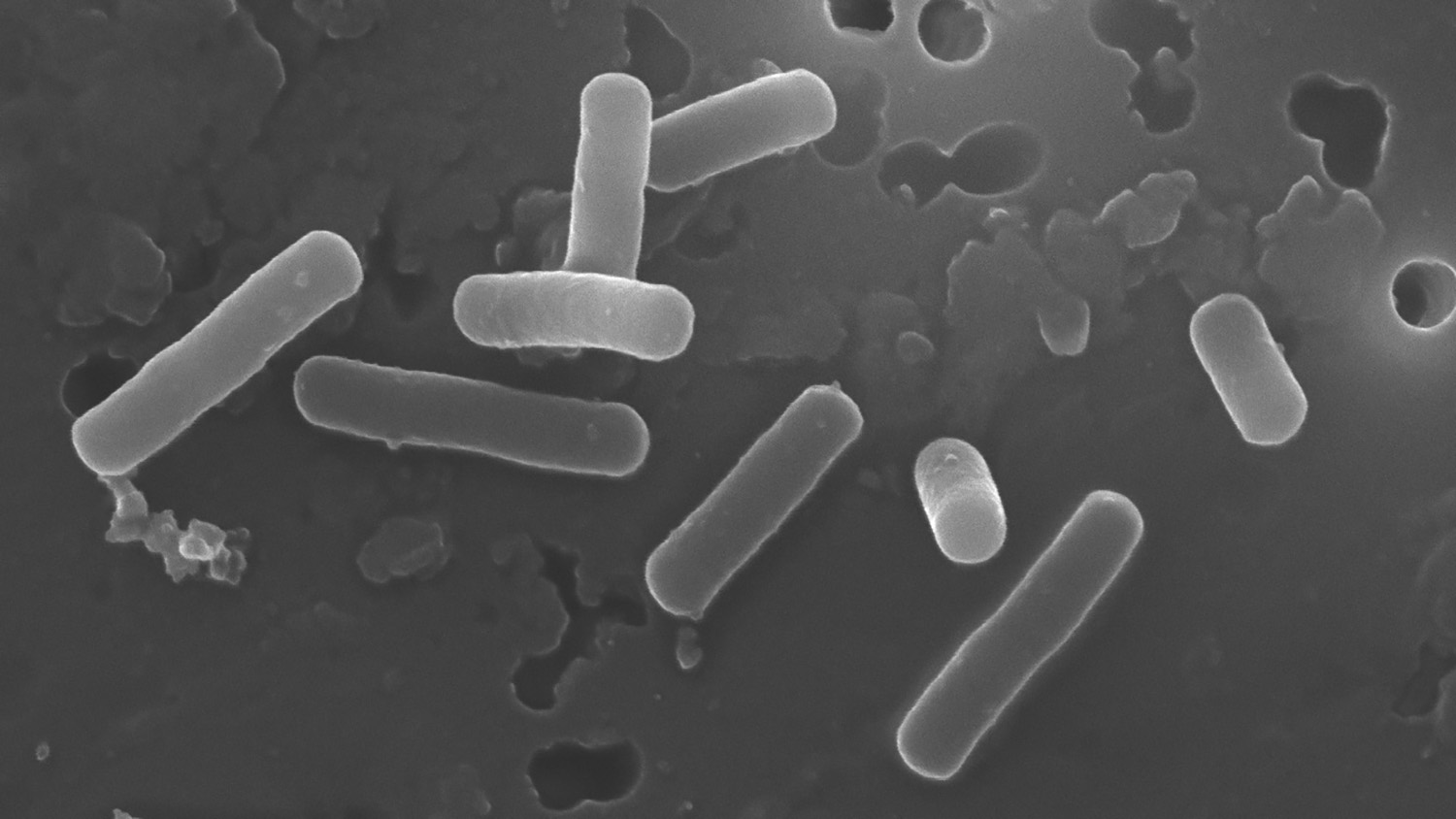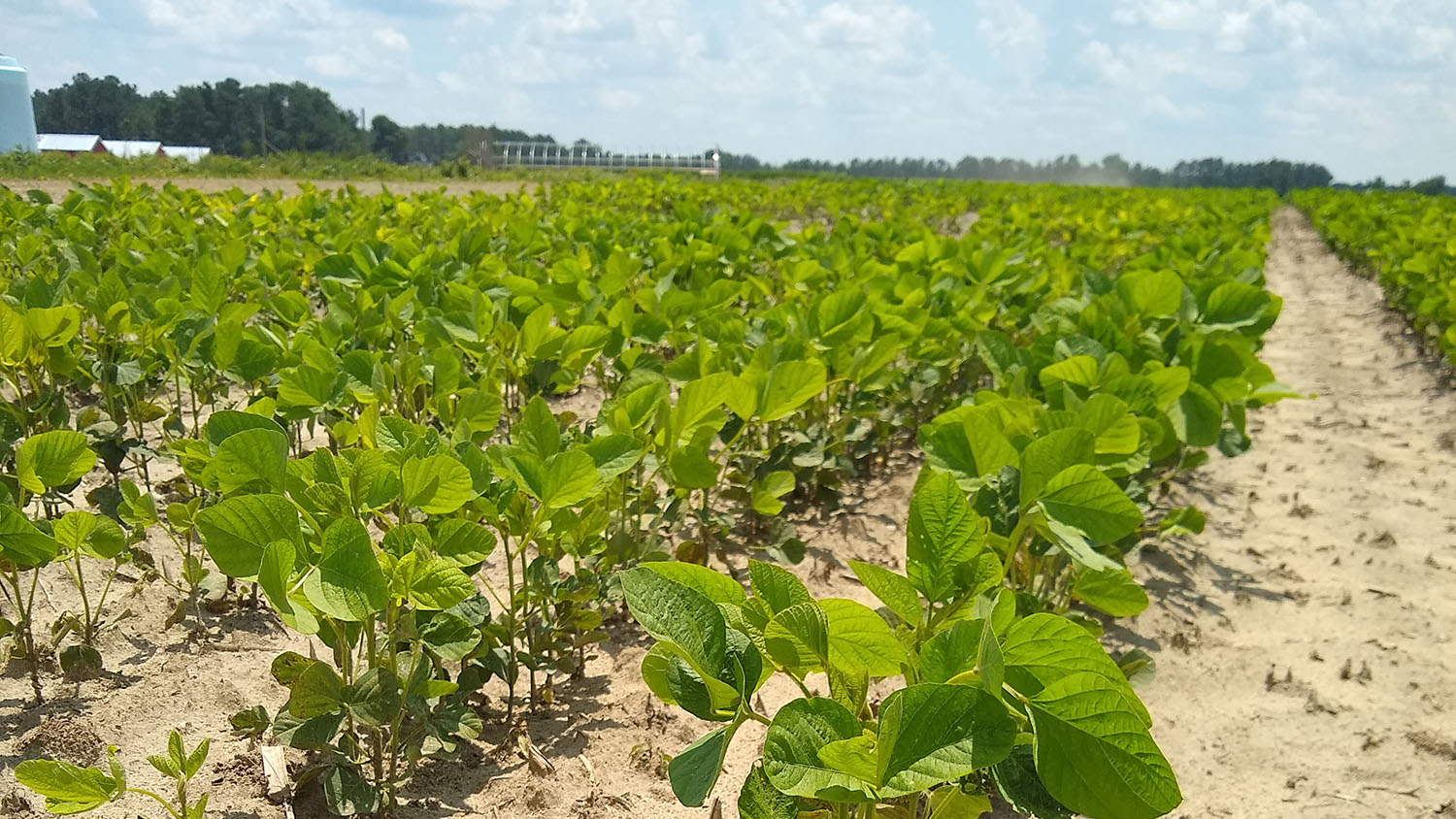Microbiomes and Complex Microbial Communities
The Right Cocktail of Gut Enzymes Can Stop C. diff in its Tracks
Understanding the interaction between enzymes from “good” bacteria like lactobacillus and the gut environment will enable us to design probiotics that inhibit C. diff.
2022-23 University Faculty Scholars Named
These 22 early- and mid-career NC State faculty members are recognized for their outstanding academic achievements and contributions to the university through their teaching, scholarship and service.
Advancing Microbiome Data Analyses with Benjamin Callahan
From the American Society for Microbiology, published October 5, 2022. With his widely used microbiome data analysis tools, and dedication to data interoperability and accessibility, Dr. Benjamin Callahan, Ph.D., the 2023 ASM Microbiome Data Prize awardee and an associate professor of […]
Dr. Benjamin Callahan awarded ASM Microbiome Data Prize
About the Prize The ASM Microbiome Data Prize recognizes distinguished research achievements that support open data practices, development of standards and processes for data quality and sharing, and data workflows and management best practices that have advanced the microbial sciences. […]
Researchers Engineer Probiotic Yeast to Produce Beta-Carotene
The work shows how a suite of genetic engineering tools can be used to modify the yeast.
Microbes Play Role in Corn ‘Hybrid Vigor’
Tiny soil organisms have surprising effects on a crop phenomenon that generally favors hybrid over inbred plants.
NC State Announces Inaugural Goodnight Early Career Innovators
Three cluster faculty are among 24 promising NC State early-career faculty whose scholarship is in STEM or STEM education has been recognized through a new awards program.
Lactobacillus Manipulates Bile Acids to Create Favorable Gut Environment
Probiotic bacteria create a better environment for their survival by manipulating bile acids.
Kleiner Receives NIH Grant to Study Intestinal Microbiomes
Manuel Kleiner receives prestigious NIH grant to study intestinal microbe interactions.
Using Leaf Fungi to Improve Crop Resilience
An interdisciplinary team led by Christine Hawkes is identifying beneficial fungi found in five key crops with the aim of using them to help plants fend off diseases and tolerate drought stress.
